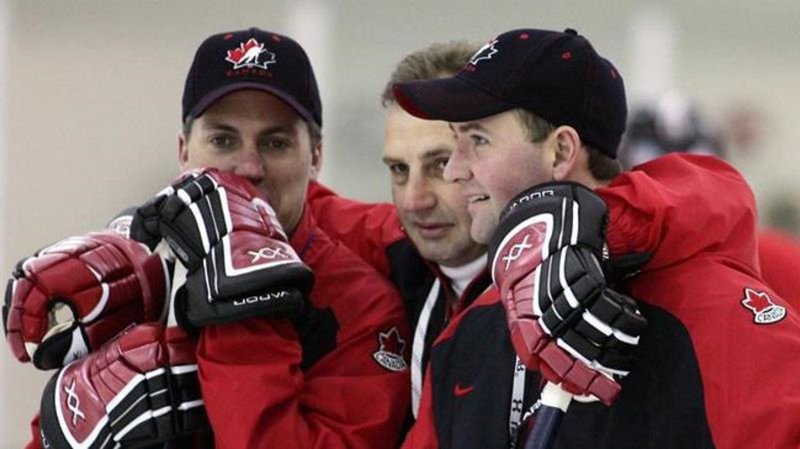
QMJHL’s Atlantic teams play on amid COVID-19 pandemic: ‘It gets a little surreal’
Once the national anthem is over and the referee drops the puck at centre ice, the action looks exactly the same to Jim Hulton.
The hits, the goals, the speed, the saves.
It’s everything else that gives the head coach and general manager of the Quebec Major Junior Hockey League’s Charlottetown Islanders pause.
That’s because his team is among a handful actually playing during the COVID-19 pandemic.
